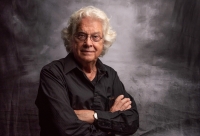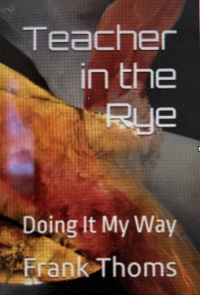Democracy in the USSR?
“The school is a little world! Sometimes when things are done in the Party or society, it doesn’t touch the schools. For example, we now have glasnost—and I cannot say what I think! I can say what I want to the director, but I will suffer consequences, problems. It can have consequences on my characteristics [teacher recommendations]. This forces me not to say anything!”
“Where is democracy in this school?” I inquired.
Ira, usually quiet, thoughtful but forceful, sat up. “The level of democracy depends upon the teacher, teachers who do not depend on the director. It exists in Boris London’s literature class. We can say what we want to say. Democracy, to me, means this freedom to speak, the right of all pupils to say what they want to say.”
“But it is a fragile democracy,” cried out an animated Olya, “when it depends on the teacher in class or Gorbachev who allows it in the Party.”
(I put two concepts on the board: “democracy by permission” and “grassroots democracy.” Hoping to enrich the conversation, I sat down to listen.)
“Democracy is just another stage of society,” said Aysa, dressed in her proper uniform and well respected. “All the citizens must come upon this idea from within. They must be free among themselves. No one can give it to them.”
Marina, one of the talkers the last time we met, said, “The Soviet Union is not ready for democracy. People need more time. I need more time.”
From the back of the room in a quiet voice, Dima, dark-haired and pensive, said, “Democracy is freedom in your soul.”
Practically jumping out of her seat, again Olya spoke up. “If I have nothing to say, what will be the democracy? It will be just words. If I have nothing to fight about, nothing to change, if I don’t know what to change, if I don’t know what to do, I do not have any democracy. If I don’t have anything in me, what to say, I don’t need democracy!”
Olya’s last flourish, “Mr. Frank, don’t you think that our foundation isn’t democratic when there is only one party in the society? Why do I hear all day long, ‘Marx and Lenin,’ ‘Communist Party,’ ‘Communist Party,’ ‘Communist Party’ all day long! What about ‘Fascist Party’? Why can’t I even look at their materials?”
1988. Soviet students. A hunger and passion I’d never seen in my classroom.

